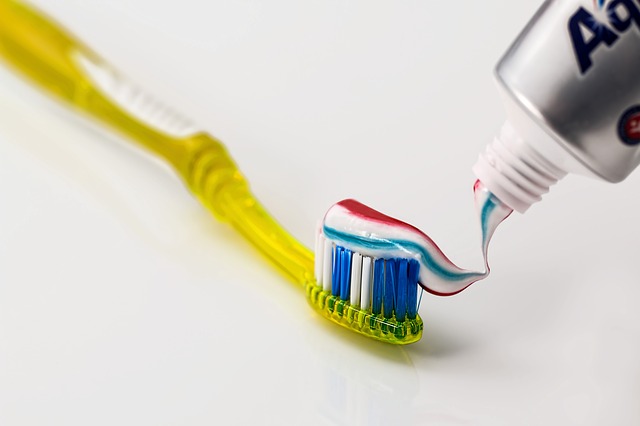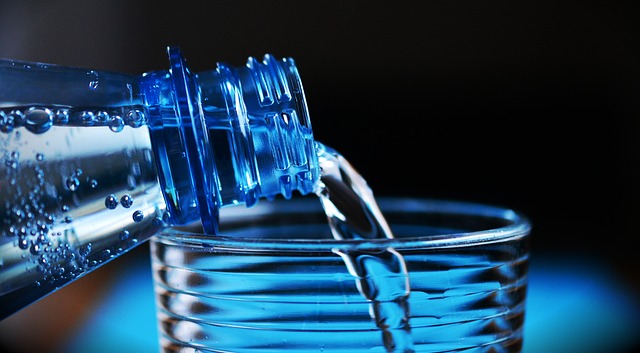There’s more to healthy teeth and a dazzling white smile than brushing and flossing every day. Your mouth is a very small ecosystem, filled with good bacteria and, unfortunately, also bad bacteria. Everything we eat, drink, smoke, or put in our mouths affects the health of our gums and teeth, both immediately and longer term. Did you know that the health of your teeth and gums is also intrinsically connected to the health of the rest of your body? Studies show that people who suffer from gum disease are also at a heightened risk of cardiovascular disease as a result. So it’s completely worth it to stay on top of your oral health in order to help your general health. Here are a few ways your lifestyle could be affecting your oral hygiene, and what you could do to help.
Do you smoke?
Let’s get the obvious one out of the way first. Everyone knows of the health risks associated with smoking tobacco products. Not only is there an increased risk of cancer and heart problems, but it can cause tooth discoloration and, more importantly, gum disease. If your gums bleed when you brush your teeth, and you sometimes suffer from embarrassing bad breath, then it seems likely that you have gum disease. If left unchecked, this can result in tooth decay and even tooth loss. The best way to treat gum disease is by quitting smoking and following a strict brushing and flossing routine to remove all of the plaque buildup and bacteria that irritates the gums. It could also be worth contacting your dental hygienist who will be able to remove some of the harder build-up and offer advice tailored to you to get you on the right track.
Do you eat a lot of junk food?
Junk food is the enemy of oral hygiene. Firstly, it’s usually full of sticky sugars, although even savory foods such as chips can get stuck in the little crevices in your teeth and act as a delicious dinner for all the types of bacteria that you don’t want. This can ultimately lead to tooth decay and cavities, so keeping them to a minimum in your diet is crucial for healthy teeth. Secondly, hard foods such as candy can wear your teeth down as you chew, breaking tiny bits of the protective coating off and leaving them vulnerable to problems. This can even cause sensitive teeth as nerve endings in the teeth become less protected.
Do you enjoy a lot of fruit?
Just when you thought you were being healthy, you find out that even certain types of fruits could be playing havoc with the health of your teeth. Fruits which are high in naturally occurring acids can cause the enamel on the outside of your teeth to decay, leaving them susceptible to decay if left untreated. If you’re indulging in citrus fruits or acidic foods, be sure to flush your mouth with lots of plain water to ensure the acid does not stay in contact with your teeth for extended periods.
Do you drink alcohol or caffeine?
Certain types of alcohol, red wine, in particular, can cause all sorts of problems for your teeth. Just like coffee and tea, the color in the drink can stain your teeth, leaving them a dull yellow or off-white, as opposed to the shiny, pearly whites you probably want. Never fear, though, with modern teeth whitening kits the bright white can be achieved once again. The main problem with alcohol is the high sugar or acid content which can cause decay over time, especially as we are more likely to forget to follow our dental hygiene routine before bed after we’ve had a bit to drink!
Are you hydrated?
Staying hydrated is important for our overall health – it’s what makes our organs work properly and keeps our metabolism ticking over, but it’s crucial for the health of our teeth as well. Our body creates saliva which washes our mouth out constantly, removing little bits of trapped food and bacteria as it goes. When we become dehydrated, the saliva production is slowed – hence we get that dry or furry mouth feeling. When this happens, bacteria and food deposits are more likely to build up and can threaten our teeth with decay and cavities.
Finally, how’s your brushing routine?
Brushing your teeth twice a day is crucial, but it’s even better when you floss between your teeth after each meal. Removing the tiny bits of food which get lodged in hard-to-reach places can have a serious impact on the health of your gums and teeth, so it’s a great habit to get into.





As a dentist, I’ve witnessed the profound impact lifestyle choices have on dental health. Poor diet, smoking, and inconsistent oral hygiene habits contribute osteopenia vs osteoporosis to issues like decay and gum disease. By adopting a balanced diet, quitting smoking, and maintaining good oral hygiene, individuals can safeguard their teeth and overall well-being.